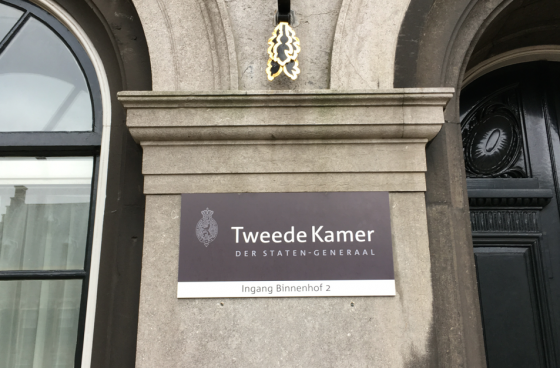Too many parties and not enough influence spotlighted in political system report
 The Dutch political system is fragmented, often does not reflect the majority view and there is a real risk of digital influence, according to a government committee set up to examine vulnerabilities in the current parliamentary set-up.
The Dutch political system is fragmented, often does not reflect the majority view and there is a real risk of digital influence, according to a government committee set up to examine vulnerabilities in the current parliamentary set-up.
The committee, which started work in January, is charged with examining ‘the desirability of change to the parliamentary system and parliamentary democracy.’ On Wednesday, the committee published details of six key areas which it intends to study further.
In particular, it will ask if citizens are being well-served by the members of the upper and lower houses of parliament. For example, parliamentary majorities can support issues which are not supported by a majority of the general population, the committee points out.
The erosion of traditional parties will also be examined. Just 2.3% of the population are members of a political party, even though most politicians are recruited from them.
The committee will look at the way coalition cabinets are formed – particularly with regard to the lack of transparency post elections. In addition, the risk of digital interference and the role of national governments at a time of increasing devolution and European decision-making will come under the spotlight.
The role of the upper house of parliament, or senate will be looked into as well. The senate, traditionally viewed as a ‘chamber of reflection’ has become more political in recent years.
Thank you for donating to DutchNews.nl.
We could not provide the Dutch News service, and keep it free of charge, without the generous support of our readers. Your donations allow us to report on issues you tell us matter, and provide you with a summary of the most important Dutch news each day.
Make a donation